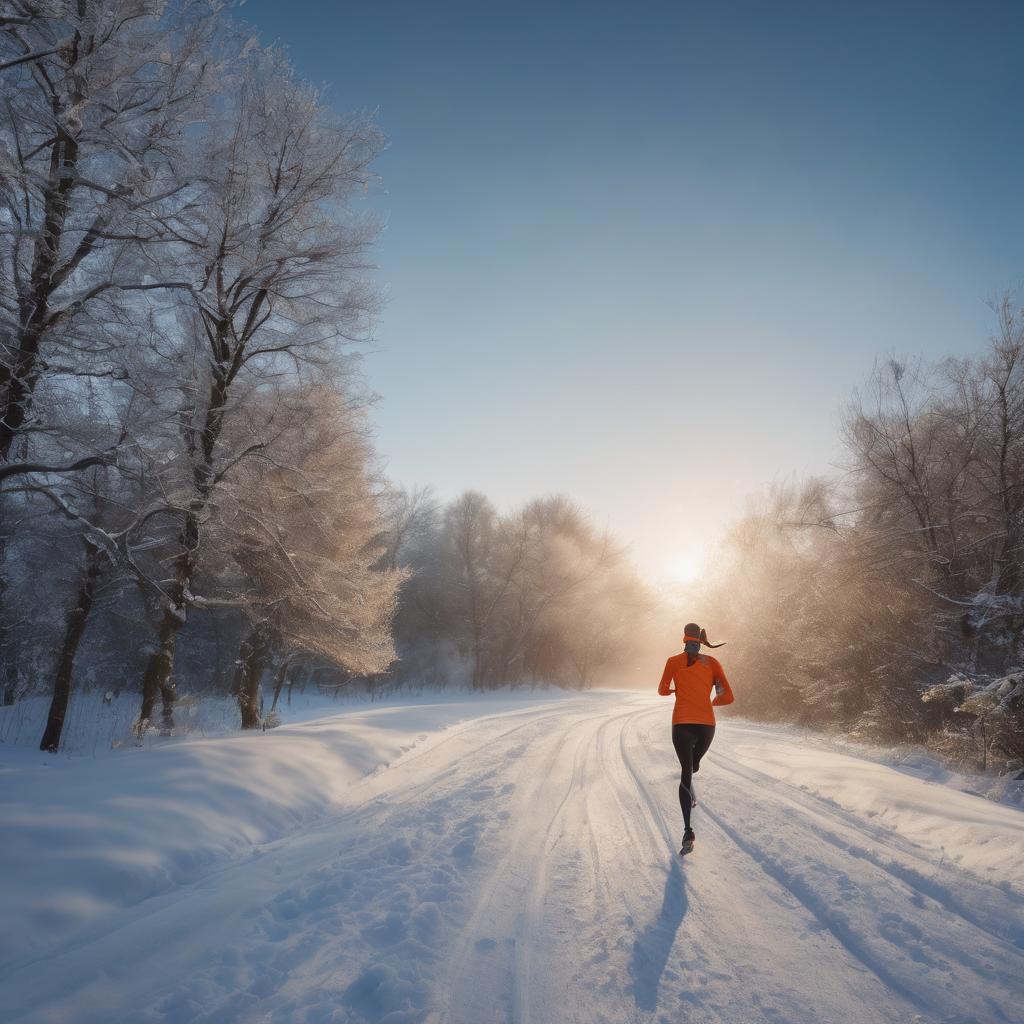How to train during the cold season? 10 tips from an expert
Outdoor sports in the cold season can be not only effective but also beneficial for the body. The sports and nutrition expert recommends following some rules to ensure comfort and performance. Appropriate clothing is the basis – breathable, waterproof and lightweight. It is recommended to use a three-layer clothing system that protects against rain, snow, and wind. Finding a training partner can be an additional motivation. It is important to set new goals and develop resilience. Morning exercise not only improves concentration and decision-making skills, but also contributes to the quality of sleep. Warming up before training helps prevent injuries. Preparing your workout clothes in advance and adjusting your workout intensity are essential. It is important to finish your workouts properly and to be safe by using special pads and reflective clothing.


Comments